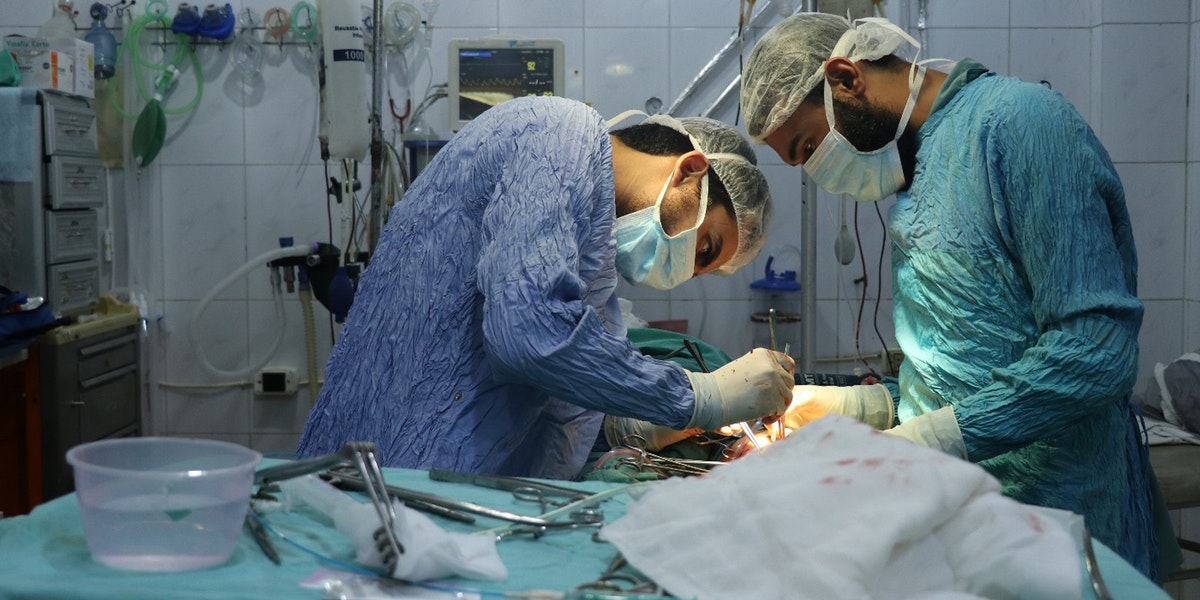Violations of Medical Neutrality in Syria: The Need for Accountability
During a time where the strength of healthcare systems is as crucial as ever, we must remember the state of healthcare in Syria.
Syria reported its first covid-19 cases a week ago– and has now reported its first coronavirus deaths. However, many analysts noted that the total number of cases has been underreported. How does a country ravaged with civil war for over nine years prepare for the coronavirus? It will be especially hard for Syria, especially since Syria’s healthcare infrastructure has been deliberately destroyed.
Of all the widespread human rights abuses marked by the Syrian Civil War, the attacks on healthcare arguably have the most profound implications on the safety of its population. The deliberate targeting of healthcare has resulted in the killing of hundreds of health workers and the destruction of hundreds of health facilities.
Physicians for Human Rights (PHR)has been utilizing open source data and field sources to record attacks on health care in Syria since the start of the conflict. From March 2011 through November 2019, PHR documented 588 attacks on 250 separate facilities and documented the killing of 914 medical personnel. PHR calculated that Syrian and Russian governments account for 91% of the reported deaths of medical personnel throughout the conflict. The remaining 9% is attributed to non-state armed groups, including ISIS, international coalition forces, Kurdish forces, or unidentified forces.
The numerous attacks on health care led to a large-scale flight of experienced health workers. With the amount of health workers already exhausted by so many fatalities, these departures left an overwhelming scarcity of health professionals. According to the Syrian Center for Policy of Research, in 2016, only 42% of the population lived in areas that are likely to have sufficient health workers.
The principle of medical neutrality protects health workers taking care of the sick and injured during armed conflict. It is a legal principle that prohibits the deliberate attacks and targeting of health services and workers. Concepts comprising the principles of medical neutrality has a foundation in international humanitarian law, human rights law, and medical ethics. International Humanitarian Law codifies the principle of medical neutrality in the four Geneva Conventions of 1949, which define the obligations of nation-states engaged in armed conflict. Specifically, the Fourth Geneva Convention outlines the protections of health workers who provide care to wounded of any side and to civilian populations.
Throughout the Syrian war, we’ve seen flagrant violations of international humanitarian law by both the state and non-state armed groups involved. And although it has been nearly ten years since the start of the Syrian Civil war, we have seen little to no consequences for the perpetrators involved. The lack of accountability for these actors has profound implications for health protection in future conflict. In a time when health workers are looked to more than ever, it is imperative that we demand that all parties be charged for their failure to obligate with international law.
In a time of a global health crisis, the Syrian people need to be given relief with a lens of reparations.
We failed in Syria. Let us not allow attacks on health care become the new normal.
